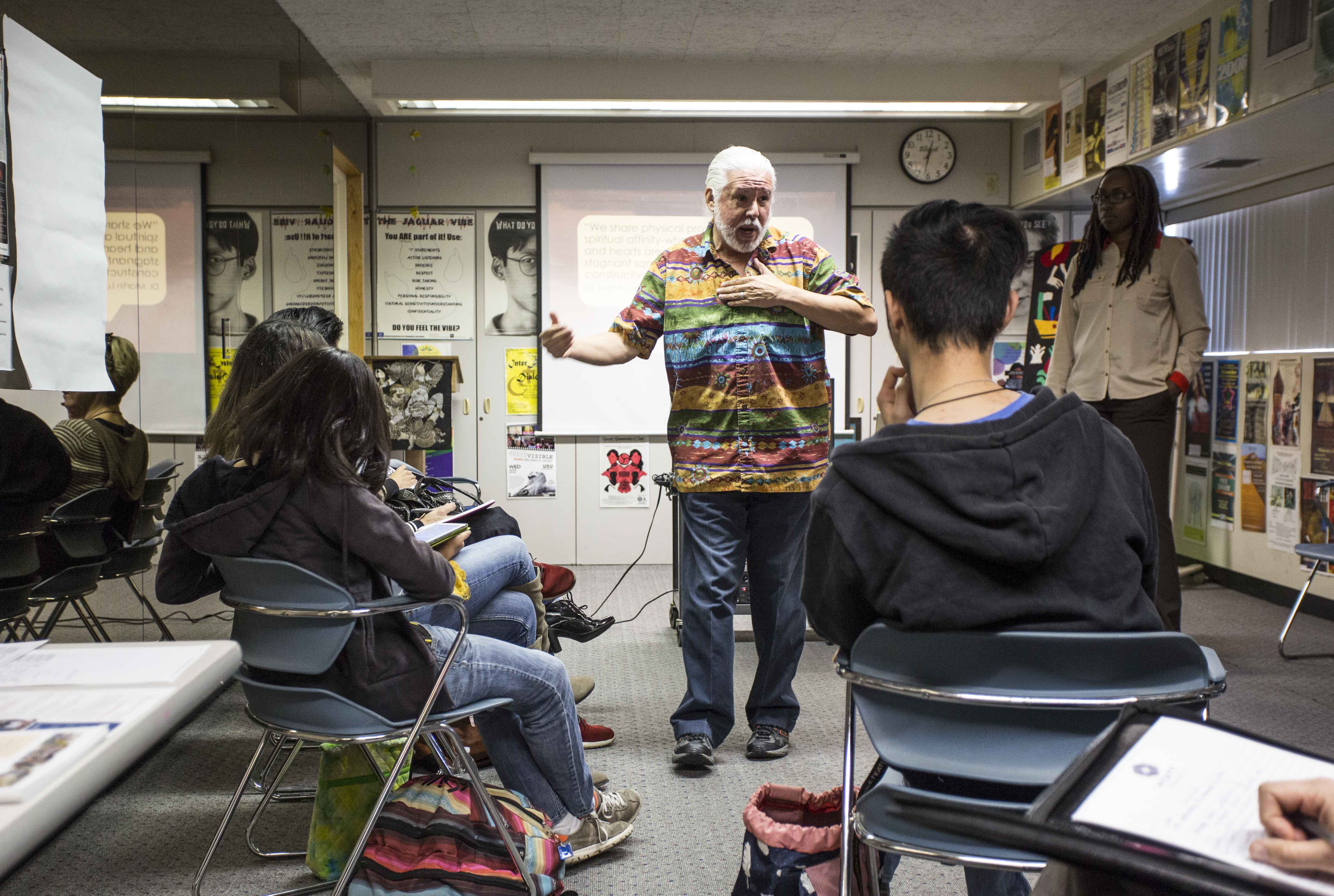A workshop on how to combat workplace aggression held Monday, taught students how to maintain professionalism while still standing up for themselves.
With college students soon entering a long-term professional workplace environment, California State University, Long Beach’s Multicultural Center hosted a workshop about how to react to microaggression in the workplace.
Microaggression, according to Dr. James Sauceda, director of the multicultural affairs, is the “everyday slight insult that often comes around cultural background that people don’t understand and have stereotypical views of.”
“When students look to careers or being effective leaders in the workplace, often issues of culture, ethnicity, or cultural competence doesn’t come up,” Sauceda said. “The fact that they’ll hear things in a workplace that are called microaggressions – and they don’t feel prepared for hearing it, and they don’t feel prepared for responding to it.
Even though microaggression can be everywhere and not just limited to the workplace, Sauceda felt that due to students soon entering the work field after graduation, they must be aware of the dangers that loom with regards to ethnicity, sexual orientation, or sex.
Terri Armstrong, career advisor of the Career Development Center, expressed that even though people with microaggression mean well, their ignorance can be psychologically harmful to the unintended.
Both Armstrong and Sauceda were the hosts of the workshop, where they provided plenty of information about cultural identity, and how utilizing that type of information can help downplay microaggression.
Near the end of the workshop, attendees participated in an exercise where they reacted to seemingly harmless but slightly offensive statements about their culture. They were encouraged to show positive restraint and professionalism when having to deal with offensive questions.
“We try to show how everyday comments can feel hurtful, but we’re coming from a positive model, not a deficit model where you feel like the victim of these aggressions,” Sauceda said. “You learn best how to navigate through them or push them aside.”




